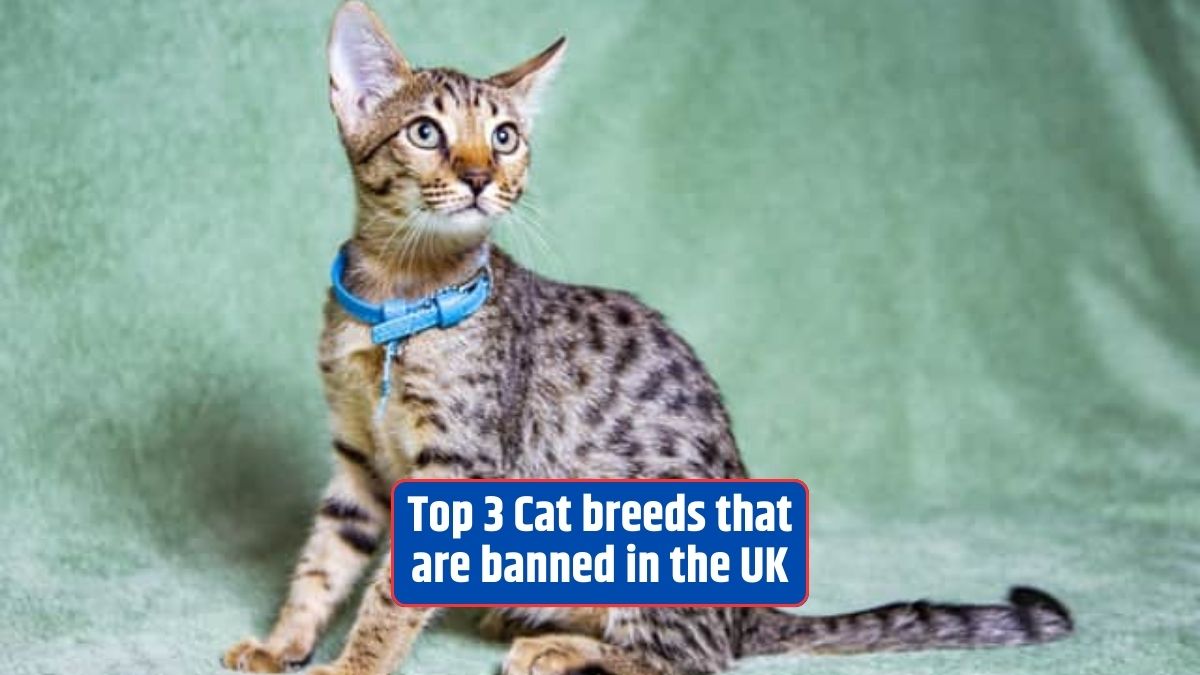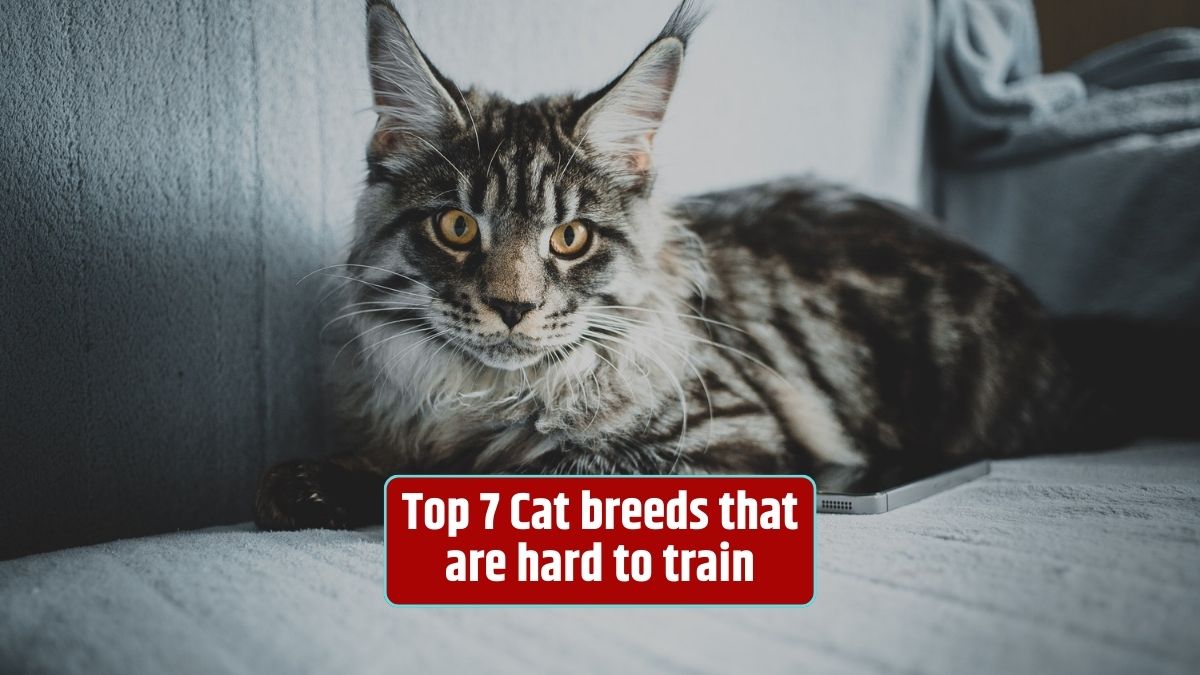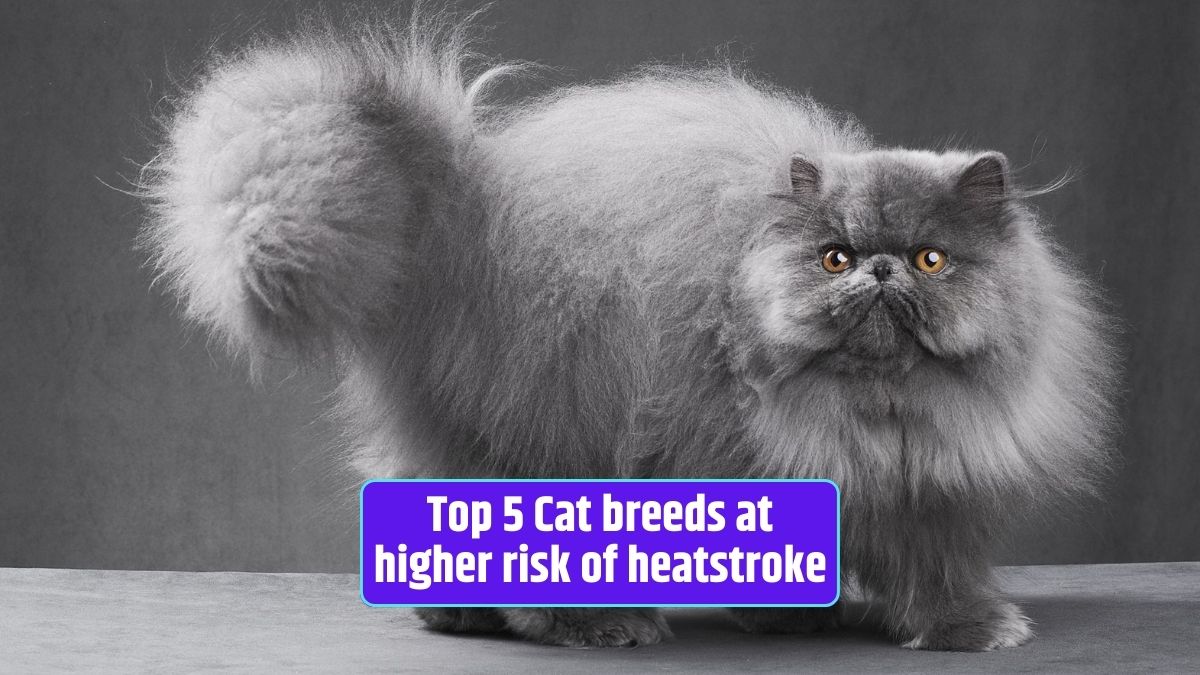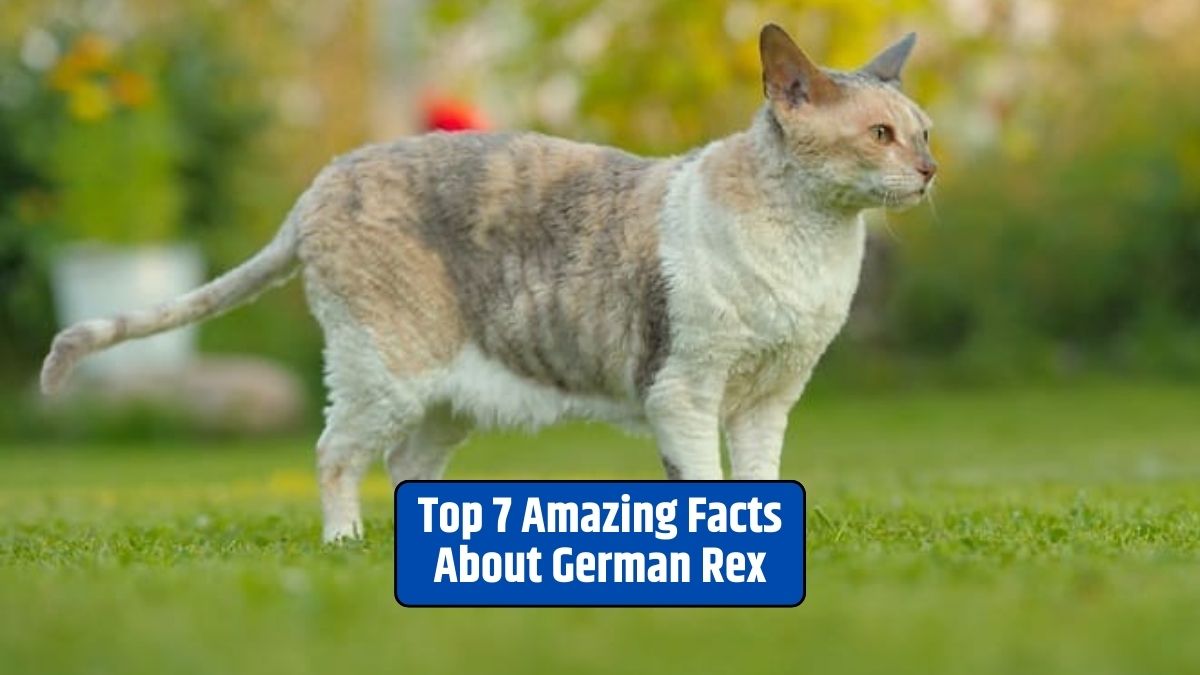The United Kingdom has strict regulations regarding the ownership of certain cat breeds. These regulations are in place to protect both the public and the welfare of the animals. In this article, we will explore the top three cat breeds that are banned in the UK and the reasons behind these restrictions.
Savannah Cats
Savannah cats are a hybrid breed resulting from the crossbreeding of a serval (a wild African cat) with a domestic cat. These cats often have striking spotted coats and a wild appearance. They are banned in the UK due to concerns about their behavior and the potential for them to pose a threat to native wildlife.
Savannah cats are known for their high energy levels and strong hunting instincts. In the UK, there are worries that they may escape and become feral, impacting local ecosystems and endangering wildlife. As a result, the ownership of F1 (first-generation) Savannah cats and other wildcat hybrids is prohibited.
Chausie Cats
Chausie cats are another hybrid breed created by breeding domestic cats with the jungle cat, a wild species found in parts of Asia and the Middle East. These cats have a unique and exotic appearance, often resembling small wildcats.
Similar to Savannah cats, Chausie cats are banned in the UK due to concerns about their behavior and the potential for them to revert to wild instincts if they escape or are released. This could have negative consequences for local ecosystems and wildlife.
Caracat Cats
Caracat cats are a hybrid between a caracal, a medium-sized wildcat, and a domestic cat. They are known for their striking appearance, with tufted ears and a wildcat-like demeanor. However, their exotic nature has led to their prohibition in the UK.
Caracat cats have the potential to exhibit wild behaviors, making them unsuitable as domestic pets. There are concerns about their ability to adapt to a domestic environment and the risks they might pose to the public and native wildlife.
Conclusion
The ban on these three cat breeds in the UK is primarily driven by concerns about their behavior, potential threats to the environment, and the need to protect native wildlife.
It’s essential for prospective cat owners in the UK to be aware of these restrictions and choose cat breeds that are allowed under local regulations to ensure the well-being of both the animals and the environment.
FAQs
Can I own a hybrid cat breed in the UK if it’s not an F1 generation?
The ban in the UK generally applies to all generations of hybrid cats, not just F1. Owning any hybrid cat breed is restricted.
Why are these cat breeds banned, but other exotic pets like reptiles are allowed?
The restrictions on specific cat breeds are based on assessments of their behavior and potential impact on the environment. Regulations for exotic pets vary depending on the species and associated risks.
Are there any exceptions to the ban on these cat breeds in the UK?
In rare cases, individuals may obtain special licenses for the ownership of banned breeds, but such licenses are typically granted only for specific purposes, such as research or conservation.
Are there any alternative cat breeds that are legal in the UK and have exotic appearances?
Yes, there are various domestic cat breeds with unique appearances, such as the Bengal cat or the Egyptian Mau, that are legal to own in the UK and do not have the same behavioral concerns as banned hybrid breeds.









